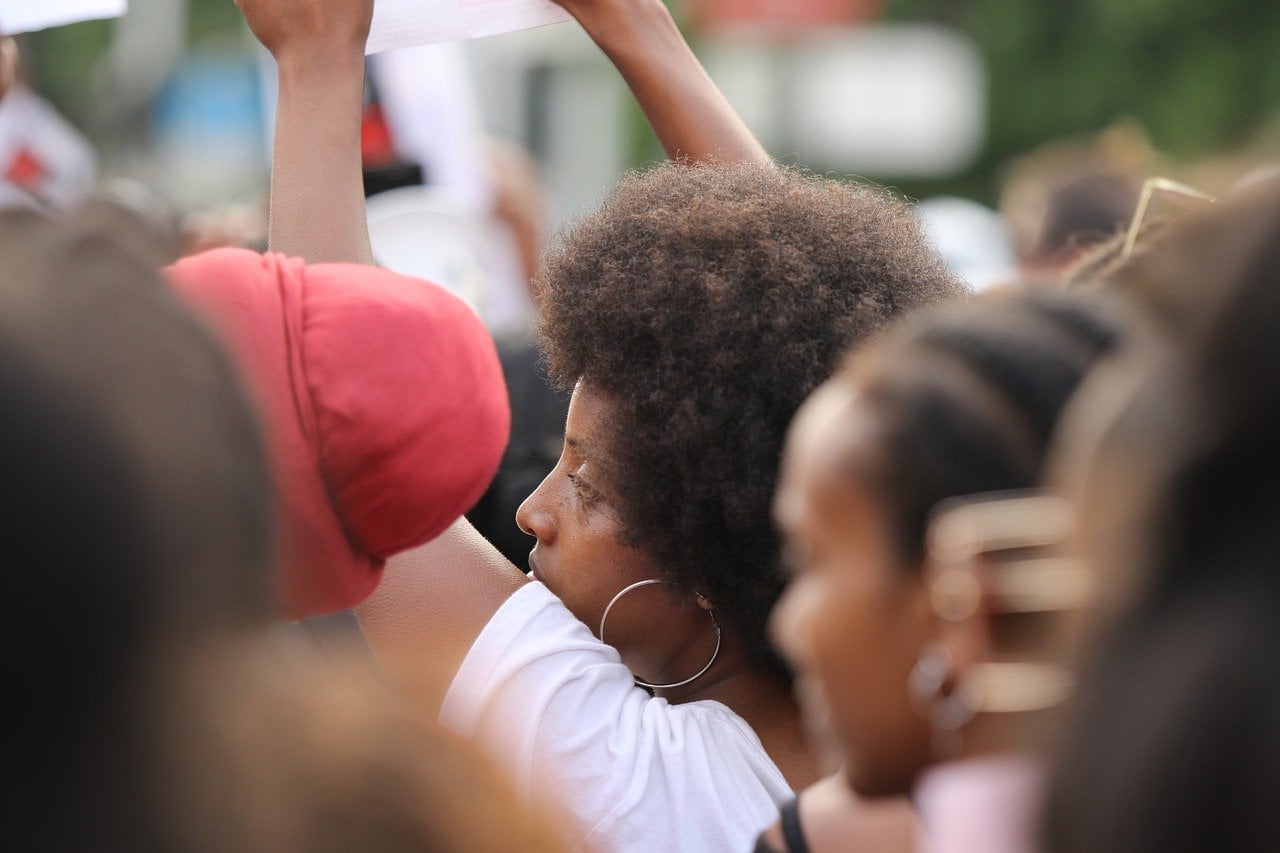Legal Impact – National Urban League Report on Blacks and COVID; Could Trigger Law Suits Over Illegal Disparate Treatment of African Americans
Q2 2020 hedge fund letters, conferences and more
Latinos And Blacks Are More Likely To Be Hospitalized For COVID
WASHINGTON, D.C. (August 13, 2020) - The National Urban League's STATE OF BLACK AMERICA report [issued 2-5PM today] - noting that "Black people and Latinos are four times more likely than white people to be hospitalized for COVID-19 and Black people are twice as likely as white people to die from the coronavirus" may have important legal consequences, and perhaps even trigger law suits, says public interest law professor John Banzhaf, a nationally known public health litigator.
In addition to some causes which are beyond the control of the hospitals to which COVID-19 patients are admitted - e.g., Blacks are more likely to live in crowded housing, less able to work from home, etc. - there is overwhelming evidence that Blacks receive both less and inferior health care, and this could lead to race discrimination law suits, says Banzhaf.
For example, the Century Foundation summed it up this way: "The American health care system in beset with inequalities that have a disproportionate impact on people of color and other marginalized groups."
The Washington Post reports that "racism in care leads to health disparities."
The prestigious New England Journal of Medicine, written by health care professionals, concluded that "slavery has produced a legacy of racism, injustice, and brutality that runs from 1619 to the present, and that legacy infects medicine as it does all social institutions."
More comprehensively and precisely, the New York Times found that:
- Put simply, people of color receive less care - and often worse care - than white Americans
- Reasonsinclude racial stereotyping based on false beliefs
- Predictably, their health outcomes are worse than those of whites
- African-American patients tend to receive lower-quality health services
- African-American men have the worst health outcomes of any major demographic group
Legal Actions For Race Discrimination
The reason this is important is that laws in the District of Columbia, and apparently other states as well, permit legal actions for race discrimination based upon disparate outcomes, even if the precise cause or mechanism cannot be established.
In other words, if the death and/or disability rates for people who are admitted to hospitals for COVID-19 - and have the same pre-existing conditions (such as high blood pressure, diabetes, etc.) and vital signs - are substantially higher for Blacks than for other patients, the hospital's treatment decisions and other actions have (in the statutory language) the "effect or consequence" of illegally discriminating on the basis of race, says Banzhaf, who has won over 100 discrimination cases under the Human Rights Act.
Given the large number of COVID-19 patients admitted to hospitals, and records indicating their pre-existing conditions, vital signs, and factors such as age, gender, and race, it should be possible to see if White patients, on the average, fared better than similarly situated Black patients, argues Banzhaf, whose expertise in statistics includes the invention of the well known Banzhaf Index.
This could help move the current outrage over racial disparities from the streets and learned journal to courts and regulatory agencies which are in a position to take effective action, and provide legal leverage for disadvantaged people.
Banzhaf cites his own legal action which slashed smoking rates in the U.S. (thereby saving millions of lives and hundreds of billions of dollars), and the law suit he and his law students put together which forced McDonald's to pay over $12 million in a settlement and to cease deceptive advertising for its french fries.













